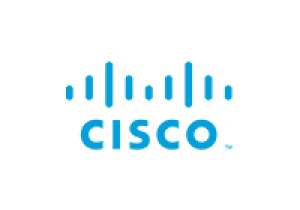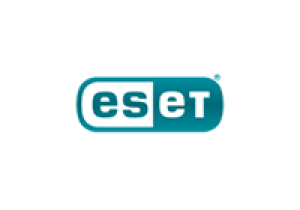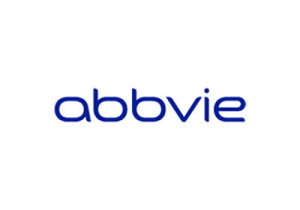
Pablo Sarrias
Mr. Pablo Sarrias joined Scytl as VP of Sales & Marketing in May 2006, after having spent most of his professional career in Germany. Prior to joining Scytl, Mr. Sarrias was Business Manager at Hewlett-Packard, having responsibility over the OpenView Telecommunications family of software products in Europe, Middle East, and Africa. At Hewlett-Packard, Mr. Sarrias was responsible for designing and executing an international go-to-market plan that led to a sustained increase in revenues of over 30% year over year, being the largest growth ever experienced by this product line. Previously, Mr. Sarrias worked as Senior Solution Architect at Hewlett-Packard and DaimlerChrysler Information Services, and as Senior Network Project Planner at Amadeus Data Processing, the leading travel reservation provider. Mr. Sarrias has a Masters degree in Telecommunications Engineering from the Polytechnic University of Catalonia.
Sign in to ITAPA Health&Care 2025
-
Electronic Voting – New Challenge of eDemocracy
eDemocracy may be the 21st century’s most seductive idea. New technologies uniting to overcome distance and time, bringing participation, deliberation, and choice to citizens at the time and place of their choosing. eDemocracy returns the political agenda to citizens. It seems to be more than a tool of efficiency, customer service or good public relations of politicians – it could help create a refreshed public space and a more accountable democracy. The corner stone of all democracies are independent electoral processes. An increasing number of advanced democracies as well as transitional democratic states are introducing new technologies to electoral processes. Electoral modernization (e-voting, Internet voting) in combination with other eDemocracy solutions have a big impact on electoral management bodies and the way they manage elections in terms of time, material, financial and human resources as well as other additional benefits beyond enfranchisement. Indeed, electronic voting is regarded by many governments as the next natural step in the evolution of electoral modernization. Electronic voting offers many advantages over the conventional paper-based electoral systems, including greater speed and accuracy in the counting process, prevention of involuntary voting errors, better accessibility for people with disabilities, lower costs, support of multiple languages, flexibility, etc. Currently, e-voting is the system used more than ever and is considered the most transparent, secure and trustworthy by the governments and citizens. What is the most important assumption of an electoral modernization? How can Internet voting influence the citizens right to vote? What are the key factors of successful implementation of an electronic, particularly Internet voting? What are experiences of e-voting and Internet voting worldwide?



















